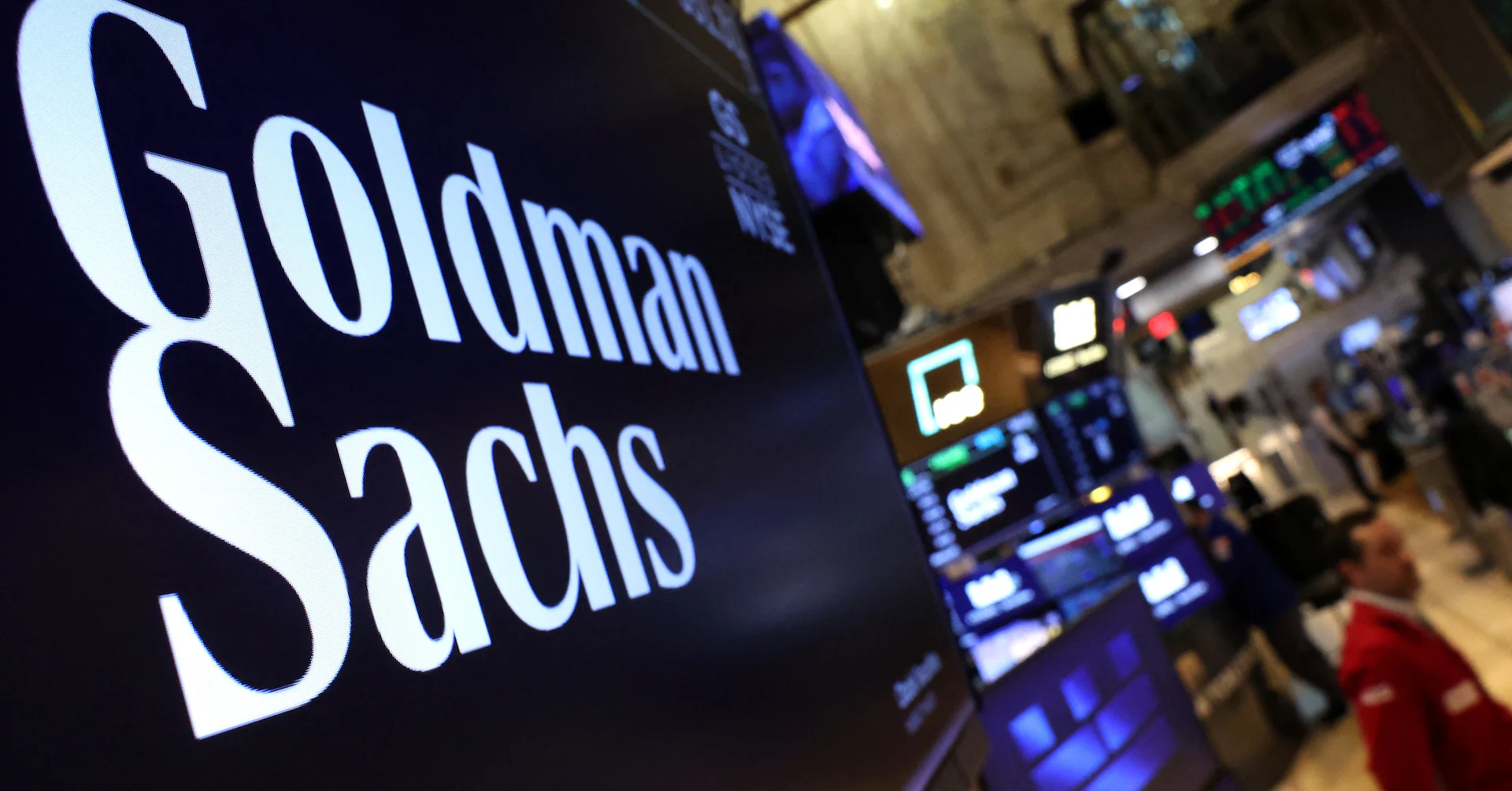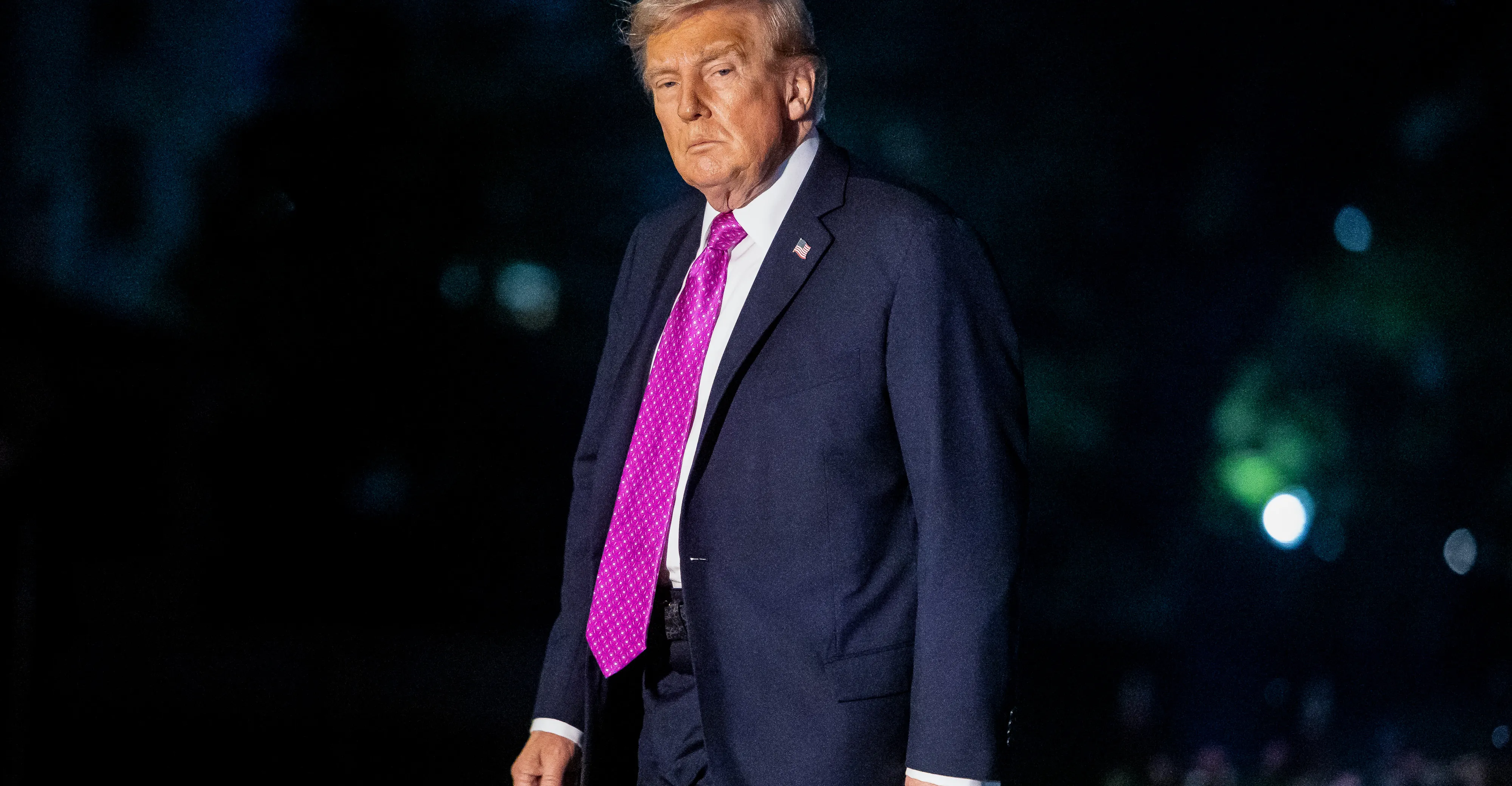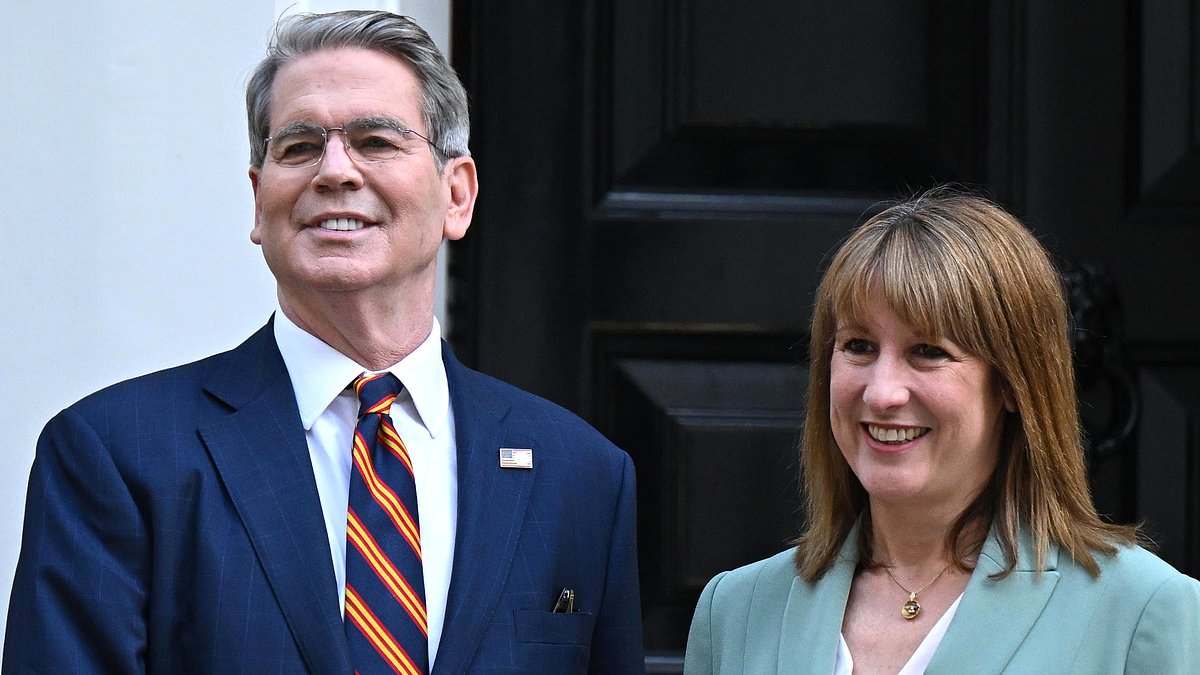
NEW YORK, Sept 25 (Reuters) – Goldman Sachs’ outlook for mergers and acquisitions has become more optimistic, fueled by consolidation in various industry sectors and likely acceleration in private equity-backed deals, its President John Waldron said on Thursday.
“I think you’re going to see more companies, more CEOs, more boards step out and try to do things more like, you know, what we’re seeing in rail,” he told a Financial Times conference in New York.
Sign up here.
“I would say we’re more than cautiously optimistic. We’re actually getting more optimistic interest because of the discussion.”
Global M&A deals totaled $2.6 trillion in the first seven months of the year, the highest for the period since the 2021 pandemic-era peak.
Waldron said the private equity-backed deals are also accelerating, noting that Goldman Sachs is seeing signs of this trend in its own deals backlog.
“We’re getting to a place where that cylinder is going to start firing at a higher level,” he said.
Waldron said the Federal Reserve’s interest rate cuts will provide more impetus to dealmaking, lowering the cost of capital for companies.
Economic fundamentals are pretty good particularly for the United States, he said, while acknowledging that trade and geopolitics are headwinds for the global economy.
“I have to say the U.S. economy is extraordinarily resilient. There’s been a lot thrown at this economy, and it continues to power ahead.”
The U.S. fiscal situation is not sustainable over the long term, Waldron cautioned. “I do think over the intermediate to longer term, it would be much better for the U.S. economy and for the health of the U.S. system if we could get our spending more under control.”
A budget watchdog said in August the U.S. federal budget deficit will be nearly $1 trillion higher over the next decade than projected in January by the Congressional Budget Office due to tax and spending legislation and tariffs.
Waldron said he would be worried about any barriers against hiring talent globally.
The Trump administration’s move to impose a $100,000 one-time fee for new H-1B worker visas could impact financial firms, which are among the largest users of employment-based visas awarded by an annual lottery, although their usage is dwarfed by tech companies.
Reporting by Saeed Azhar and Manya Saini; Editing by Franklin Paul and Richard Chang
Our Standards: The Thomson Reuters Trust Principles., opens new tab
Saeed Azhar is a Reuters financial journalist and part of the U.S. banking team, which covers Wall Street’s biggest banks. He focuses on Goldman Sachs and Bank of America, and also writes about regional banks. Before moving to New York in July 2022, he led the finance team in the Middle East from Dubai, and also worked in Singapore, covering Southeast Asia finance.
Manya reports on prominent publicly listed U.S. financial firms, including Wall Street’s biggest banks, card companies, asset managers, and fintechs. She also covers late-stage venture capital funding, initial public offerings on U.S. exchanges, and regulatory developments in the cryptocurrency industry. Her work appears in the finance, markets, business, and future of money sections of the Reuters website. A passionate reader, she loves books across genres, from classics to contemporary fiction. She holds an undergraduate degree in Political Science from the University of Delhi and a master’s in journalism from the Symbiosis Institute of Media and Communication.



